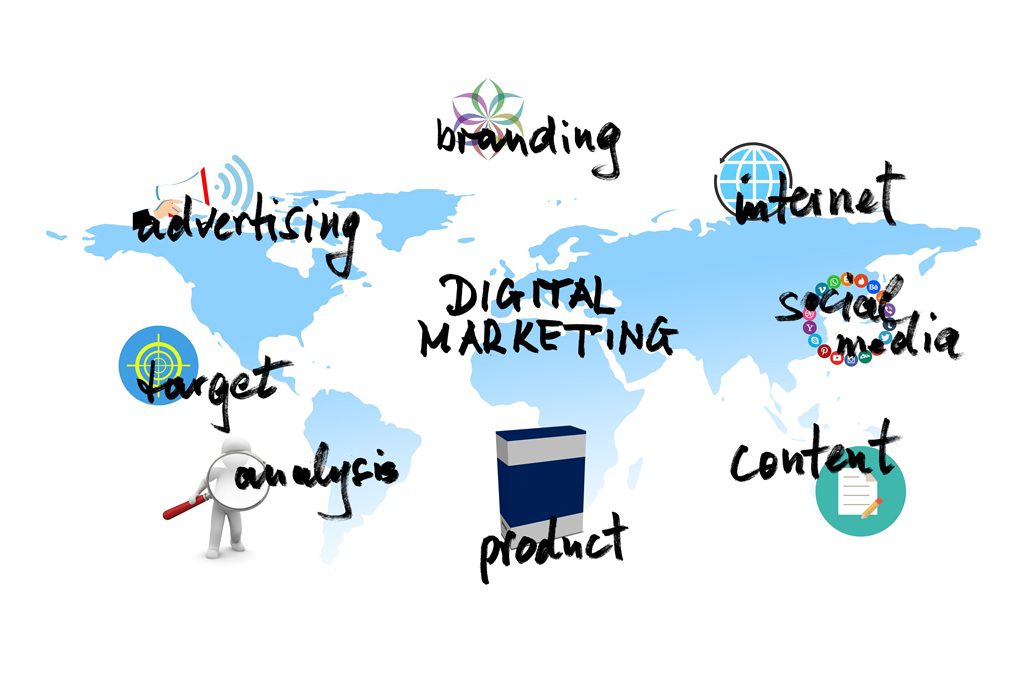In the competitive landscape of modern commerce, simply having a great product or service is not enough. The crucial link between a brilliant idea and a thriving business is effective marketing. Understanding and implementing the right marketing strategies and types is fundamental to attracting customers, building brand loyalty, and driving sustainable growth. This guide will explain the core concepts of marketing in business and explore the diverse strategies available to propel your company forward.
What is Marketing in Business?
At its core, marketing in business is the comprehensive process of identifying, anticipating, and satisfying customer needs and wants profitably. It’s not just about advertising or selling; it encompasses a wide range of activities, including market research, product development, pricing, distribution, and promotion. Effective marketing creates a conversation with your target audience, communicates the value of your offerings, and builds lasting relationships. A strong marketing plan is the roadmap that guides your business to its customers.
Key Marketing Types Explained
The world of marketing is vast, with numerous approaches tailored to different business models and audiences. Here are some of the most prominent marketing types:
1. Digital Marketing:
This is an umbrella term for all online marketing efforts. As the world becomes increasingly digital, a strong digital marketing presence is non-negotiable for any modern business. Key channels include:
- Search Engine Optimization (SEO): Optimizing your website and content to rank higher in search engine results (like Google), making it easier for customers to find your business organically.
- Content Marketing: Creating and distributing valuable, relevant, and consistent content—such as blog posts, videos, and ebooks—to attract and retain a clearly defined audience. This marketing strategy establishes your business as an industry expert.
- Social Media Marketing: Using platforms like Facebook, Instagram, LinkedIn, and TikTok to connect with your audience, build your brand, and drive website traffic. This is a powerful tool for direct customer engagement.
- Email Marketing: A highly effective marketing channel for nurturing leads and maintaining relationships with existing customers through targeted email campaigns.
- Pay-Per-Click (PPC) Advertising: Running paid ads on search engines or social media platforms, where you pay a fee each time one of your ads is clicked.
2. Traditional Marketing:
While digital marketing often takes the spotlight, traditional methods still hold significant value, especially for reaching local audiences or specific demographics. These marketing types include:
- Print Marketing: Advertising in newspapers, magazines, and trade journals.
- Broadcast Marketing: Using television and radio commercials to reach a broad audience.
- Direct Mail: Sending postcards, flyers, and letters directly to potential customers’ mailboxes.
- Outdoor Marketing: Billboards, transit ads, and other forms of out-of-home advertising.
3. Inbound vs. Outbound Marketing:
- Inbound Marketing: This marketing philosophy focuses on attracting customers through valuable content and experiences tailored to them. SEO, content marketing, and social media are all key components of an inbound strategy. The goal is to pull customers into your business.
- Outbound Marketing: This is the more traditional form of marketing that involves proactively reaching out to consumers to get them interested in a product. Examples include cold calling, direct mail, and trade shows. It pushes the message out to the audience. A successful business often uses a blend of both inbound and outbound strategies.
4. B2B vs. B2C Marketing:
- Business-to-Business (B2B) Marketing: This involves marketing products or services from one business to another. B2B marketing strategies often focus on building long-term relationships, demonstrating ROI, and providing detailed, educational content.
- Business-to-Consumer (B2C) Marketing: This focuses on selling directly to individual consumers. B2C marketing campaigns are typically more emotionally driven, aimed at creating brand identity and encouraging a quick purchase decision.
Essential Marketing Strategies for Business Success
Having a grasp of the different marketing types is the first step. The next is to implement effective marketing strategies. Here are some foundational approaches:
- Develop a Strong Brand Identity: Your brand is more than just a logo. It’s the personality of your business and the promise you make to your customers. A consistent brand identity across all marketing channels builds recognition and trust.
- Identify Your Target Audience: You can’t effectively market to everyone. Create detailed “buyer personas” representing your ideal customers. This will help you tailor your marketing messages and choose the right channels to reach them.
- Set Clear Marketing Goals: What do you want to achieve with your marketing efforts? Increase website traffic? Generate more leads? Boost sales? Setting specific, measurable, achievable, relevant, and time-bound (SMART) goals is crucial for tracking success.
- Create a Marketing Funnel: Understand the customer journey from awareness to purchase. A typical funnel includes stages like Awareness, Interest, Consideration, and Action. Tailor your marketing strategies to guide potential customers through each stage.
- Measure and Analyze Your Results: The beauty of digital marketing, in particular, is the ability to track almost everything. Use tools like Google Analytics to monitor your key performance indicators (KPIs). Analyzing this data allows you to see what’s working, what’s not, and how to optimize your marketing spend for better results.
By understanding the various marketing types and implementing well-defined strategies, your business can effectively reach its target audience, build a strong brand presence, and achieve its growth objectives. In today’s market, strategic marketing isn’t just an expense; it’s the most vital investment you can make in the future of your business.

